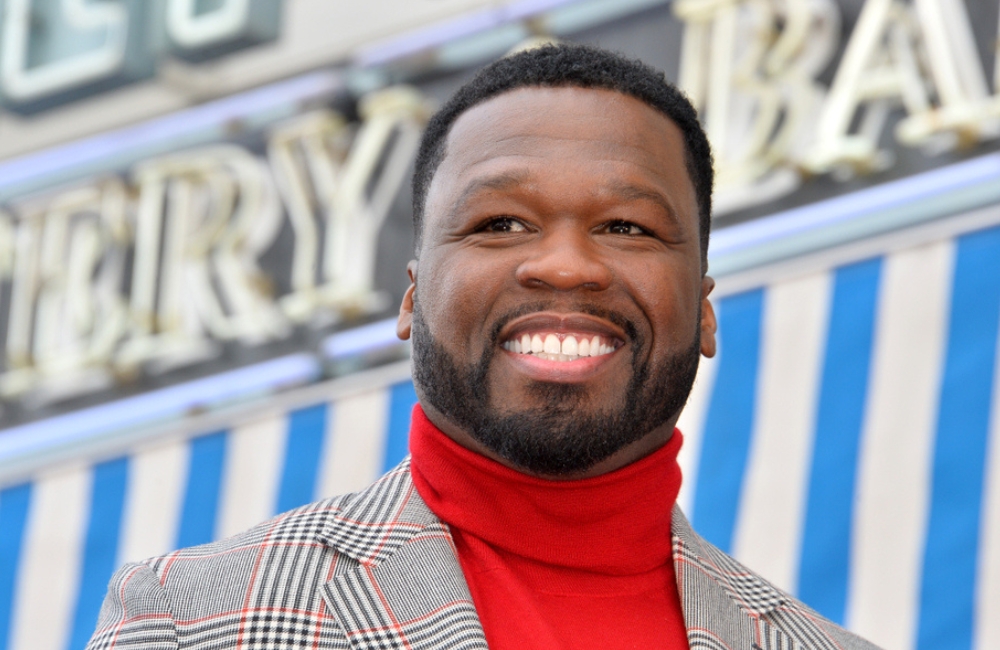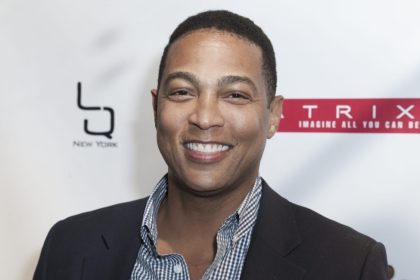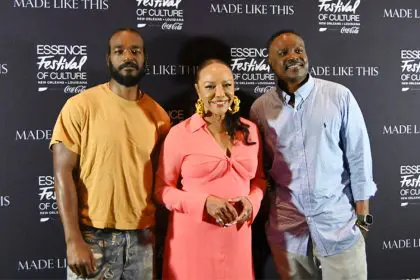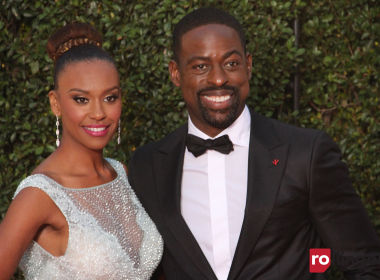The ongoing dispute between entertainment mogul 50 Cent and actor Omari Hardwick has escalated following recent media appearances, bringing to light deeper issues within Hollywood’s compensation practices. The controversy centers around Hardwick’s claims of being underpaid during his tenure as the lead character Ghost in the hit series “Power,” despite serving as the network’s primary draw. This revelation surfaced during Hardwick’s appearance on “The Pivot” podcast, where he detailed his experience as the face of the network while earning $150,000 per episode. The disclosure has sparked intense discussions across media platforms about actor compensation, particularly for leading roles in successful network series. The timing of these allegations has drawn significant attention, considering the show’s immense success and its role in elevating the network’s status in premium television.
Industry value and relevance debate
The dispute intensified during 50 Cent‘s appearance on “The Breakfast Club,” where he challenged Hardwick’s perceived value in the entertainment landscape. The discussion highlighted the complex relationship between an actor’s ongoing visibility and their market worth, particularly in the competitive television industry. The producer’s skepticism about Hardwick’s claims stems from observations about the actor’s current industry presence and post-“Power” career trajectory. This perspective raises important questions about how industry visibility impacts an actor’s negotiating power and perceived market value. The entertainment industry’s fast-paced nature means that maintaining relevance becomes crucial in determining an actor’s worth, especially when discussing historical compensation disputes. 50 Cent’s assessment of the situation reflects a broader industry perspective where current market value often influences discussions about past compensation.
Financial disparities in entertainment
The conflict emerges against a backdrop of persistent pay inequities in Hollywood, particularly affecting Black talent. Hardwick’s stance on feeling undervalued as the network’s leading figure resonates with many industry professionals who face similar challenges. The situation exemplifies the ongoing struggle for fair compensation among actors who carry significant responsibility for a show’s success. The role of Ghost in “Power” represented more than just a character; it became instrumental in establishing the network’s reputation for producing high-quality, diverse content. The discussion around fair compensation extends beyond simple salary figures to encompass the broader impact of an actor’s contribution to a network’s brand identity and market position. Industry professionals point to these disputes as evidence of the continuing need for transparency in television compensation structures.
Relationship deterioration and industry impact
The deteriorating relationship between the former collaborators reflects broader tensions within the entertainment industry regarding recognition and support. Their public disagreement has evolved into a catalyst for discussions about proper compensation and acknowledgment in Hollywood, especially for Black actors who often face unique challenges in securing equitable pay. The breakdown in communication between these once-aligned partners illustrates how financial disputes can permanently alter professional relationships in the entertainment industry. This situation has prompted other actors to examine their own compensation arrangements more critically, leading to increased awareness about the importance of initial contract negotiations. The industry impact extends beyond personal relationships to influence how networks approach talent compensation and value assessment.
Future implications for television industry
This high-profile dispute serves as a turning point for addressing systemic issues in entertainment industry compensation. The conversation extends beyond individual grievances to highlight the necessity for standardized pay practices and improved recognition of talent value, regardless of background or race. As the industry evolves, this incident may influence future negotiations and compensation structures for television leads. The situation has prompted networks to reassess their compensation policies, particularly for shows that significantly impact their brand value. The industry’s response to this dispute could set precedents for how similar situations are handled in the future, potentially leading to more transparent compensation frameworks. The conversation has expanded to include discussions about equity in profit sharing and backend deals, especially for actors who contribute significantly to a show’s success.














